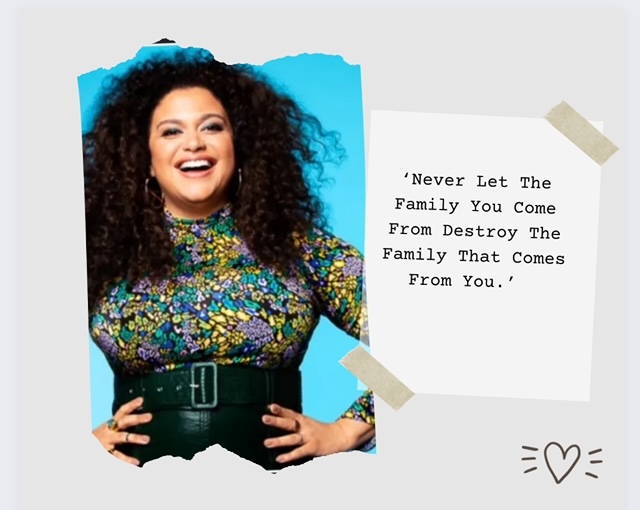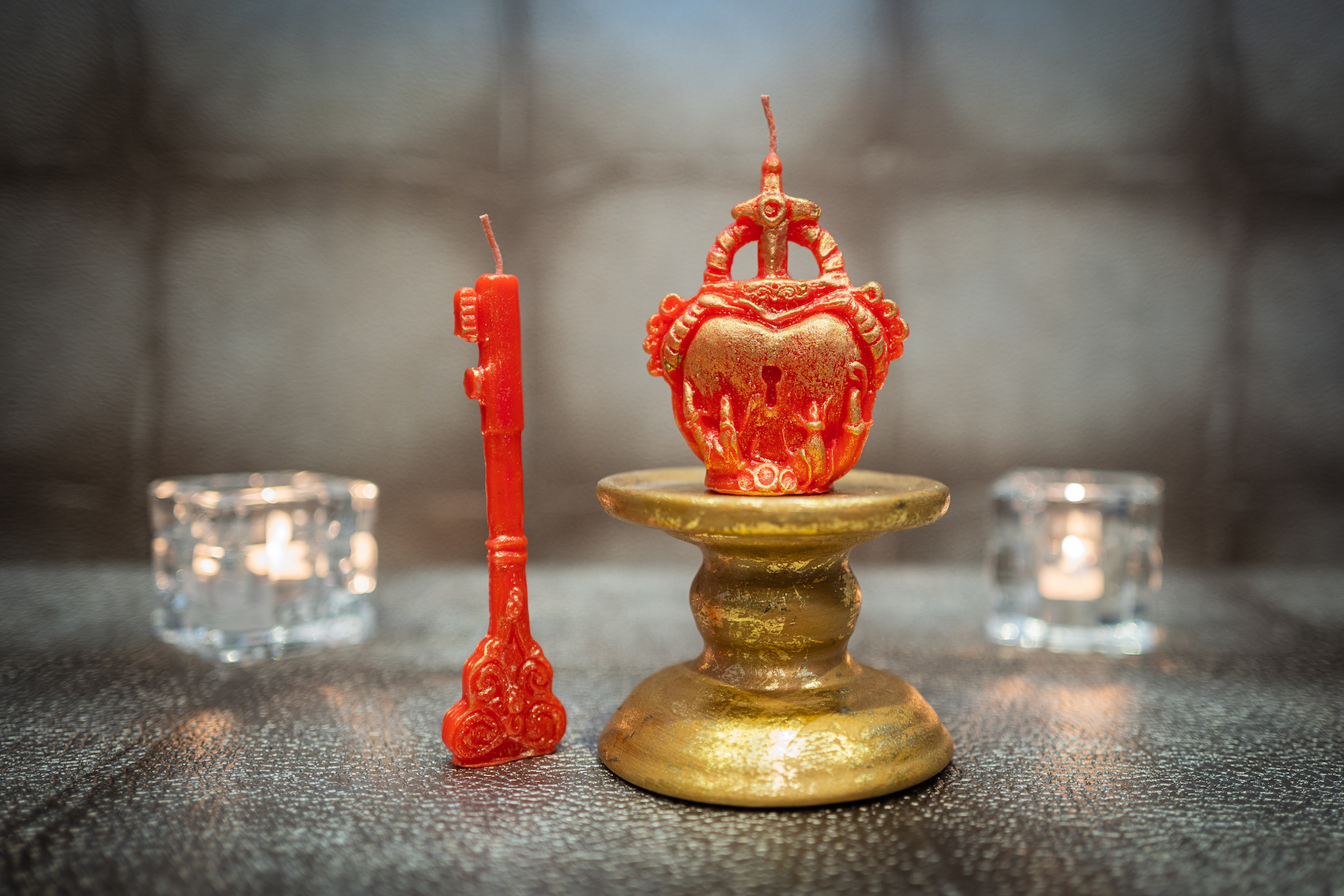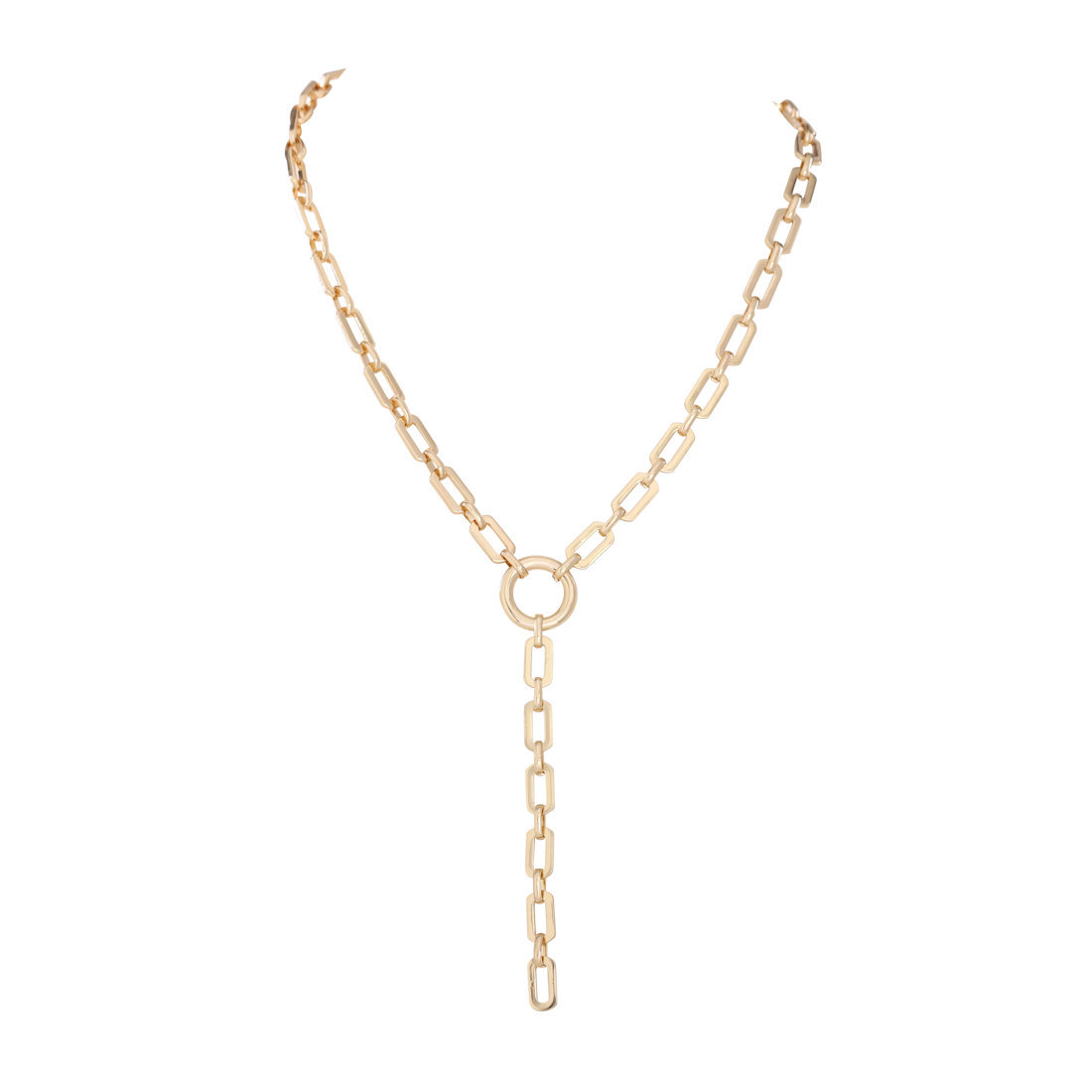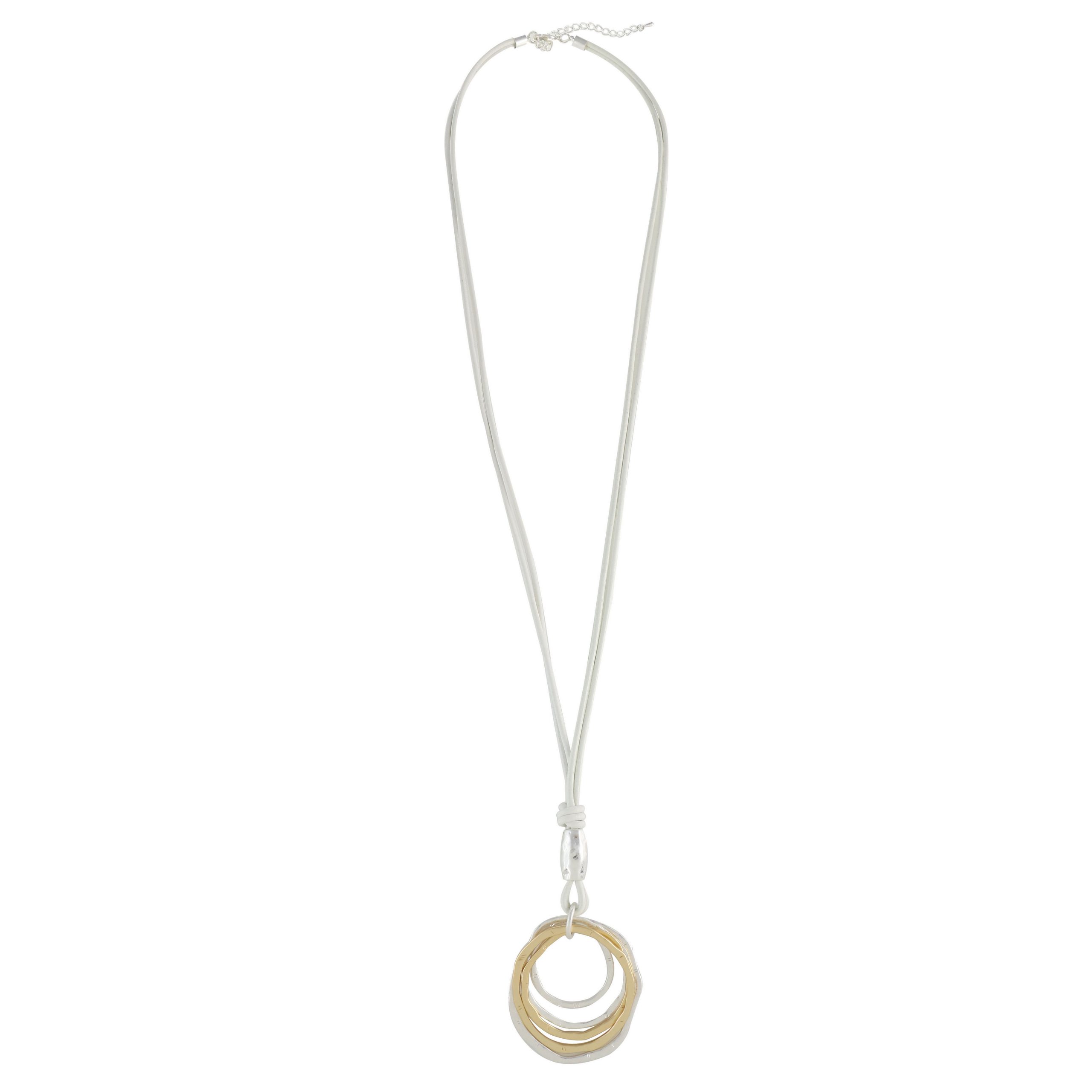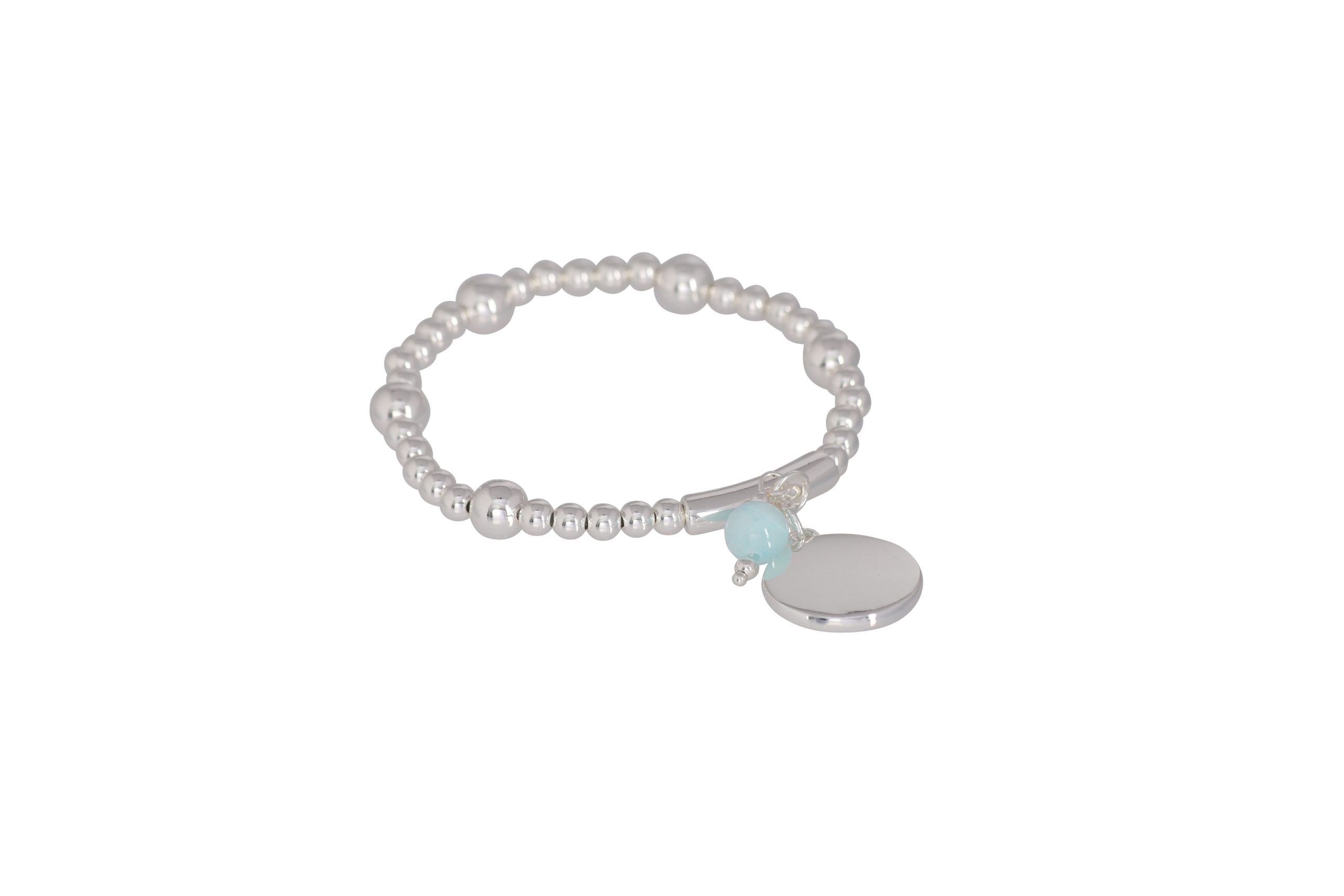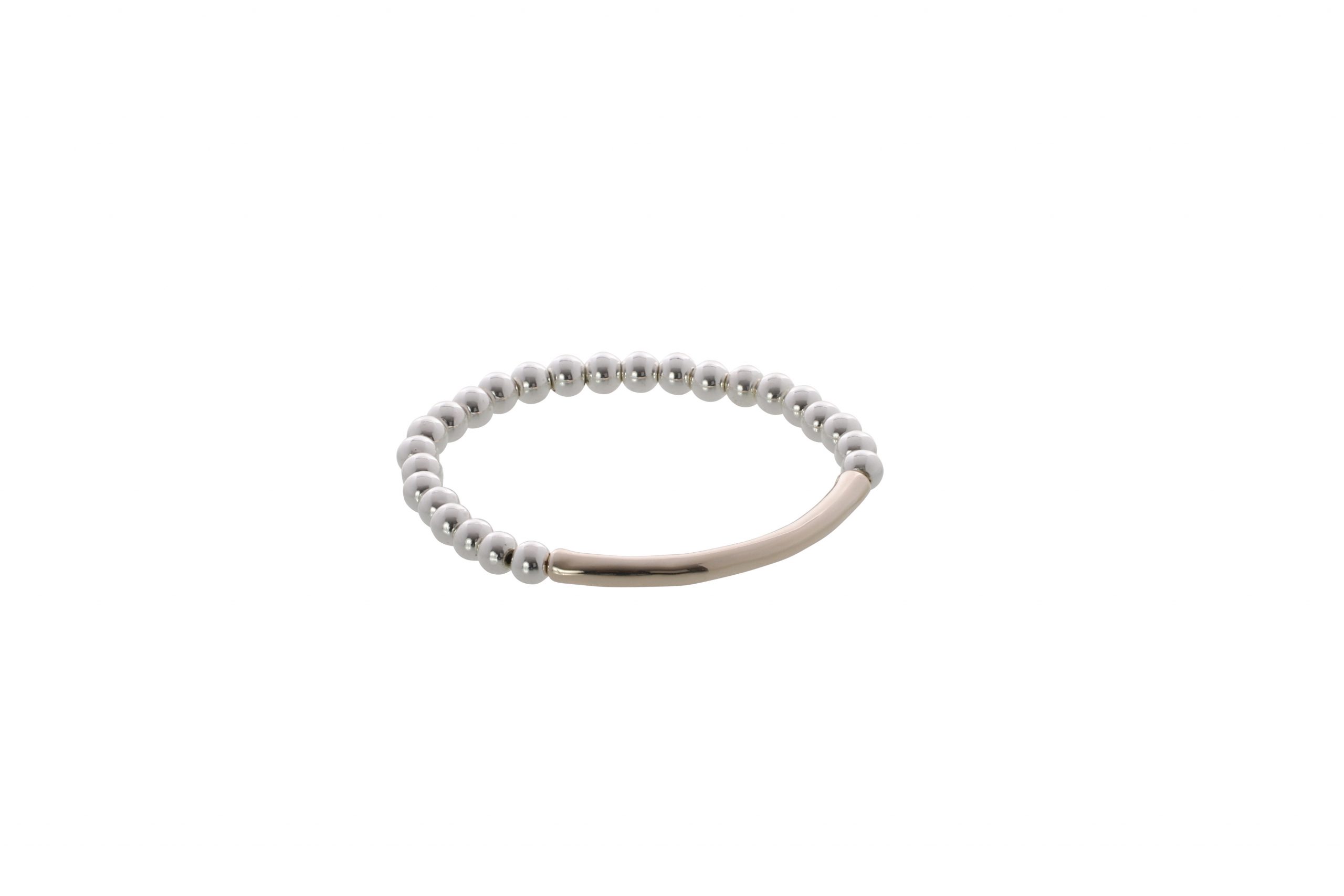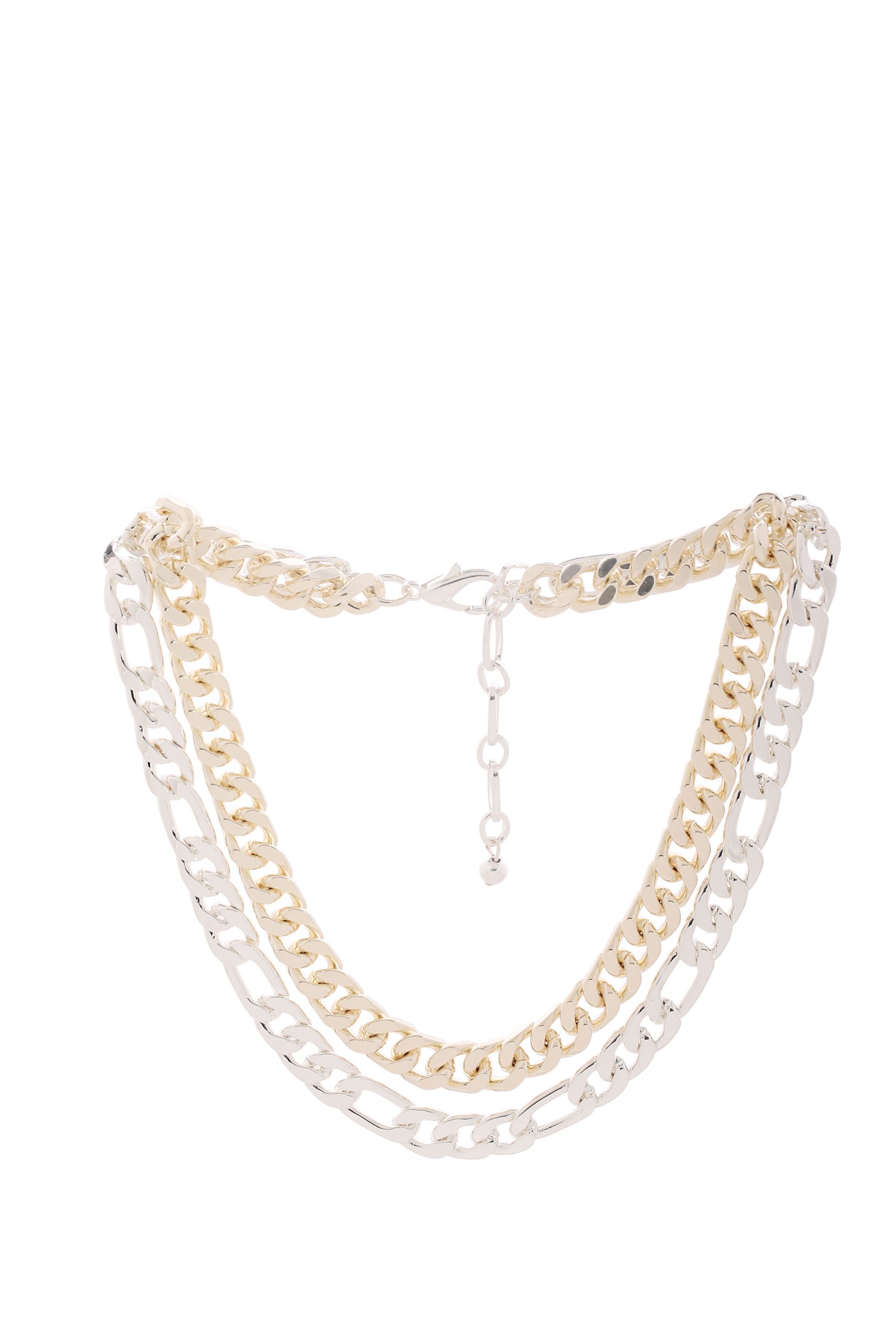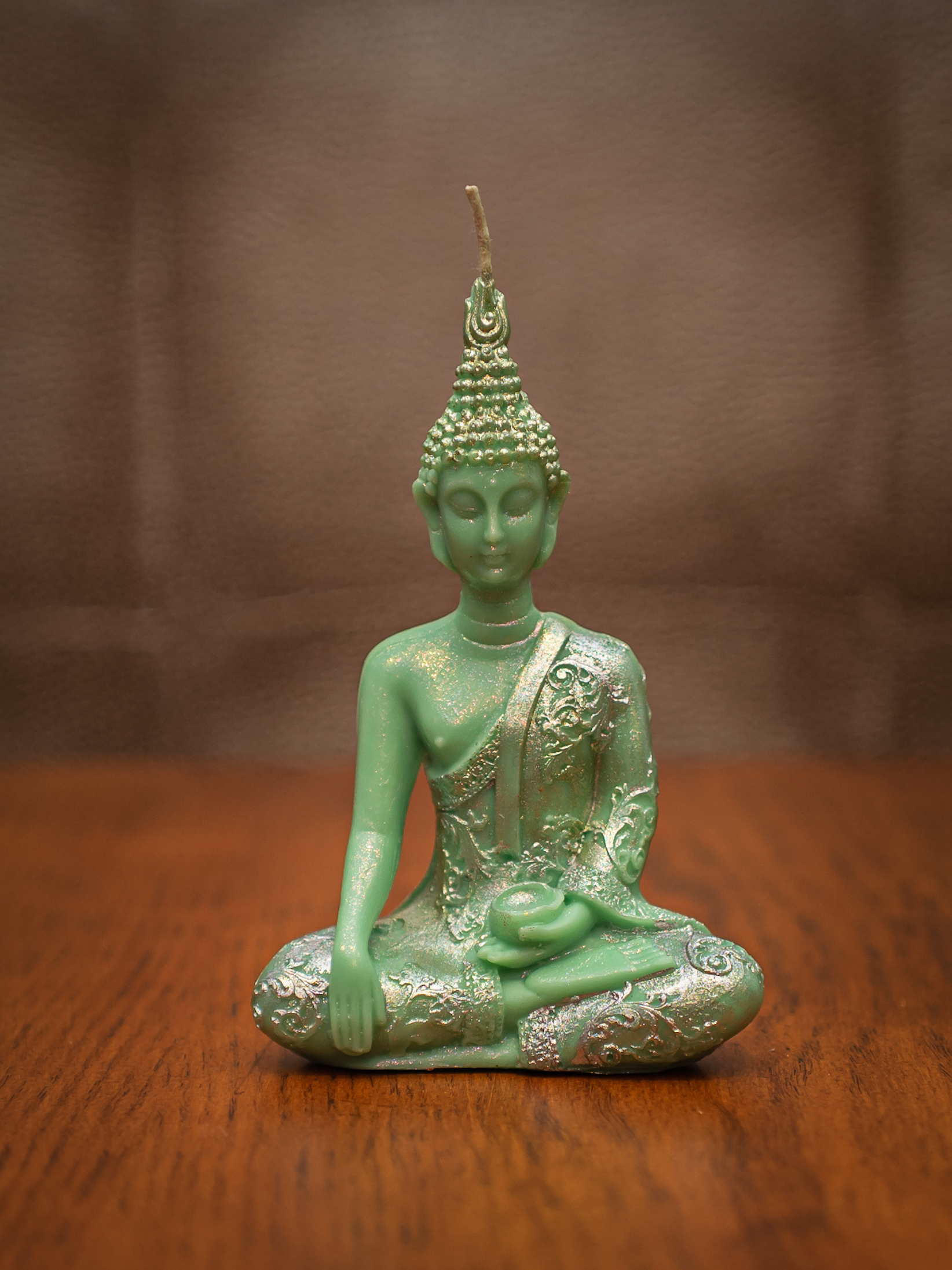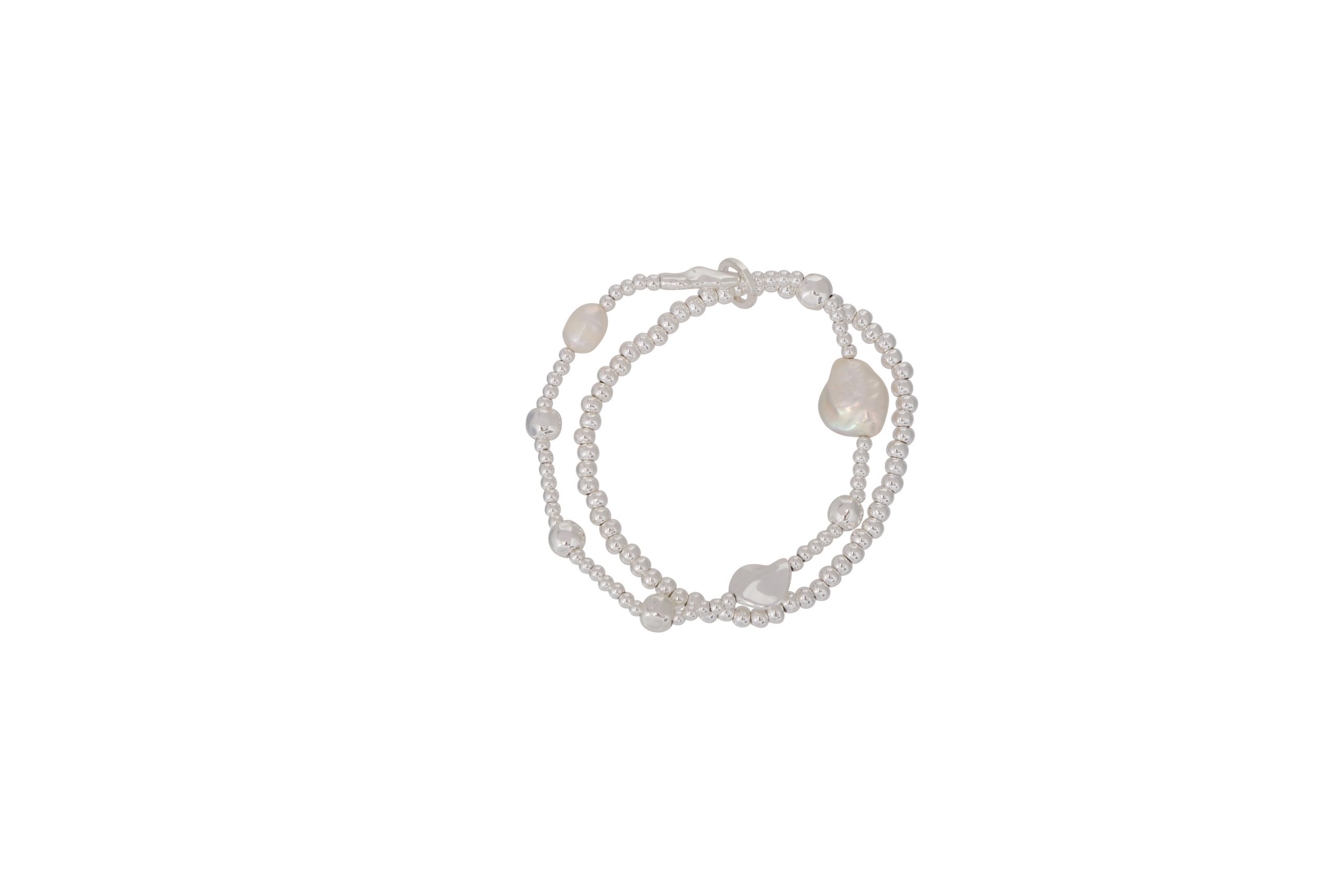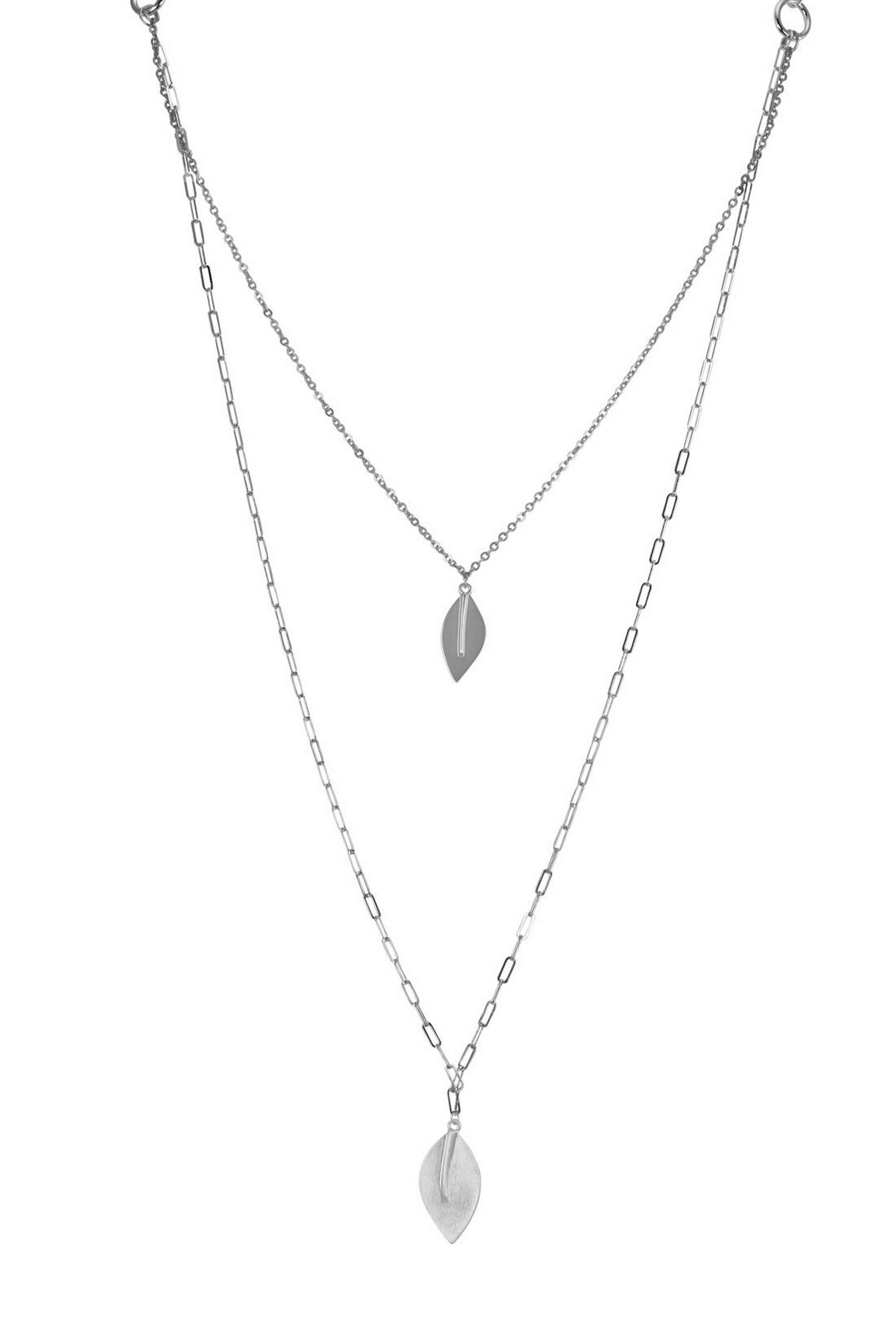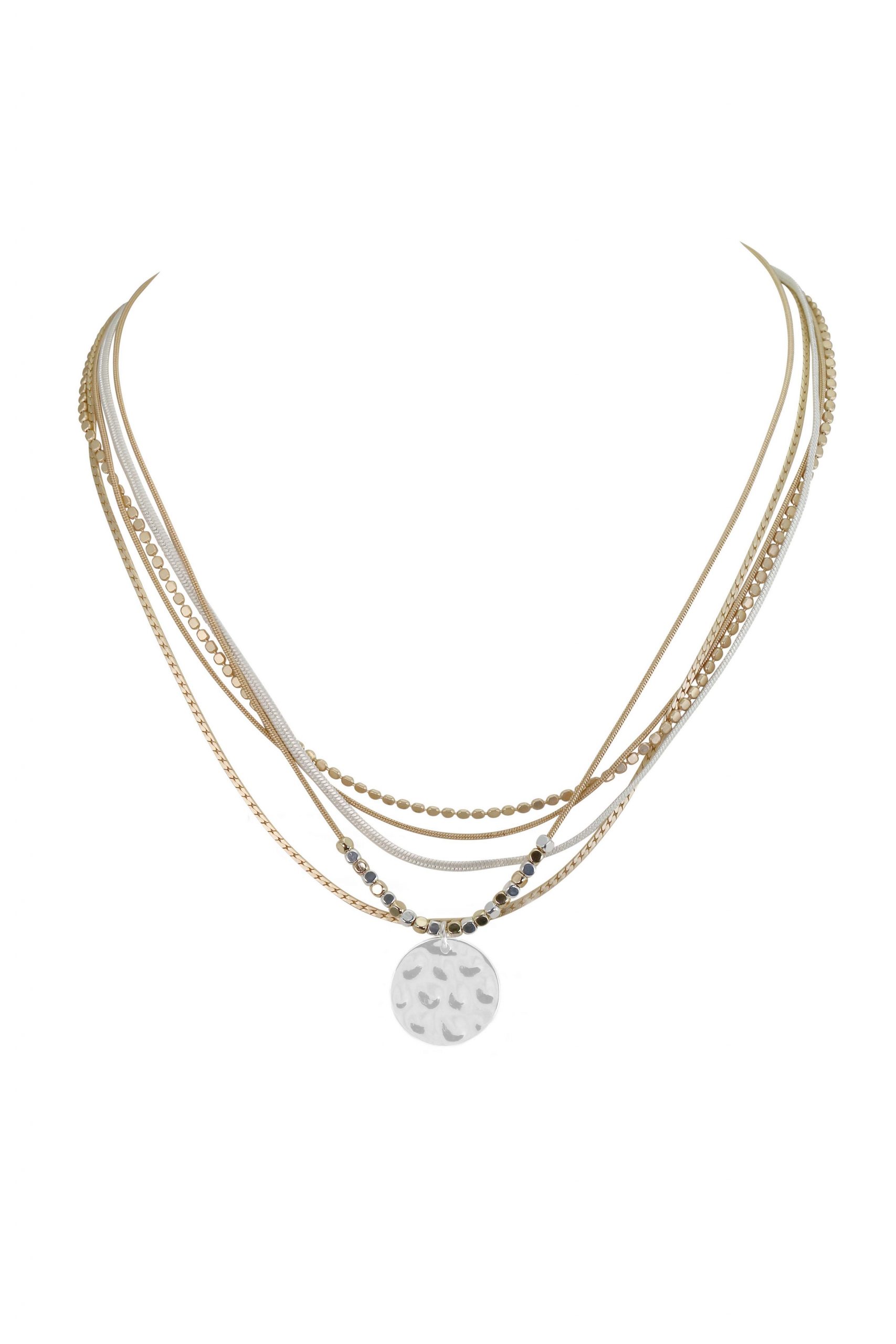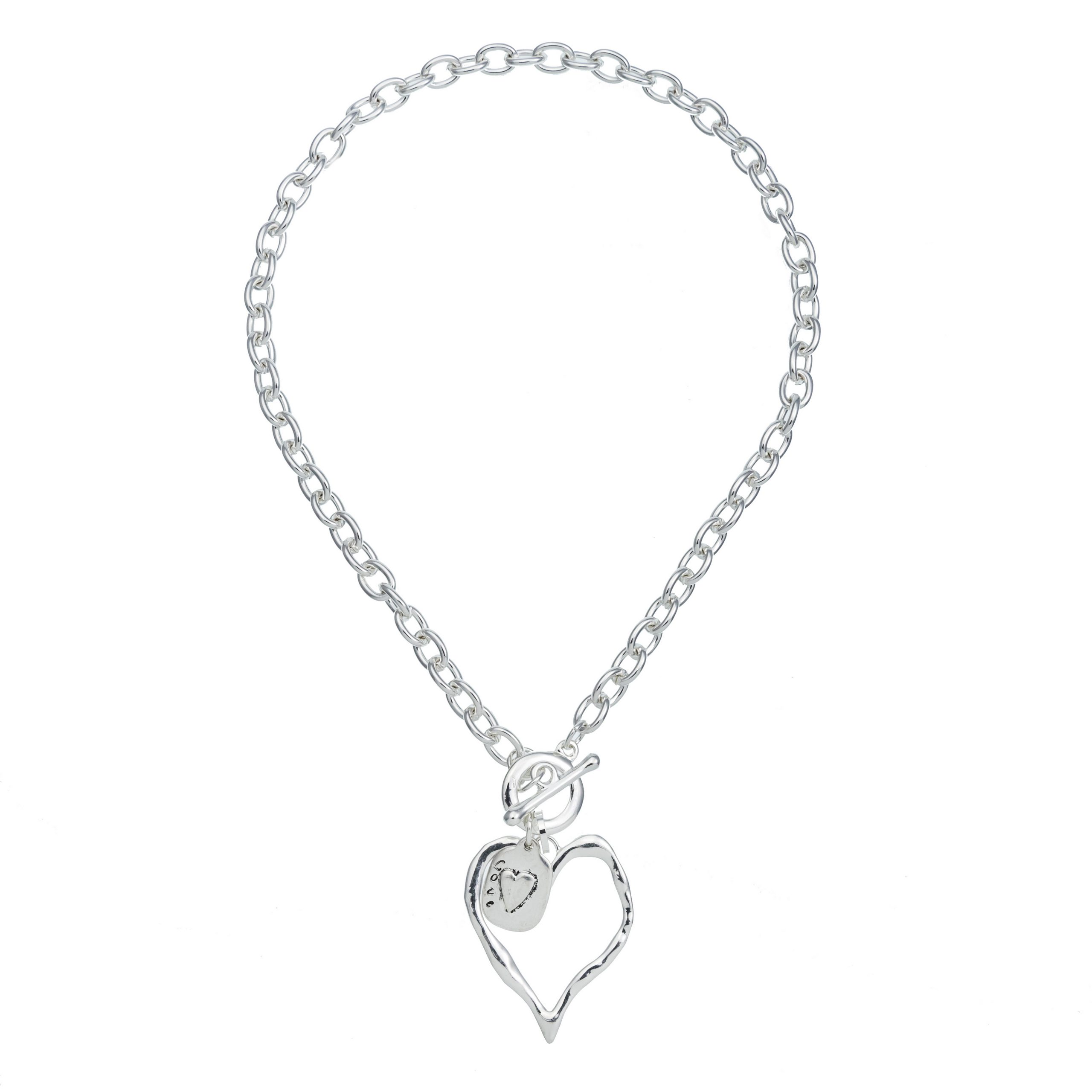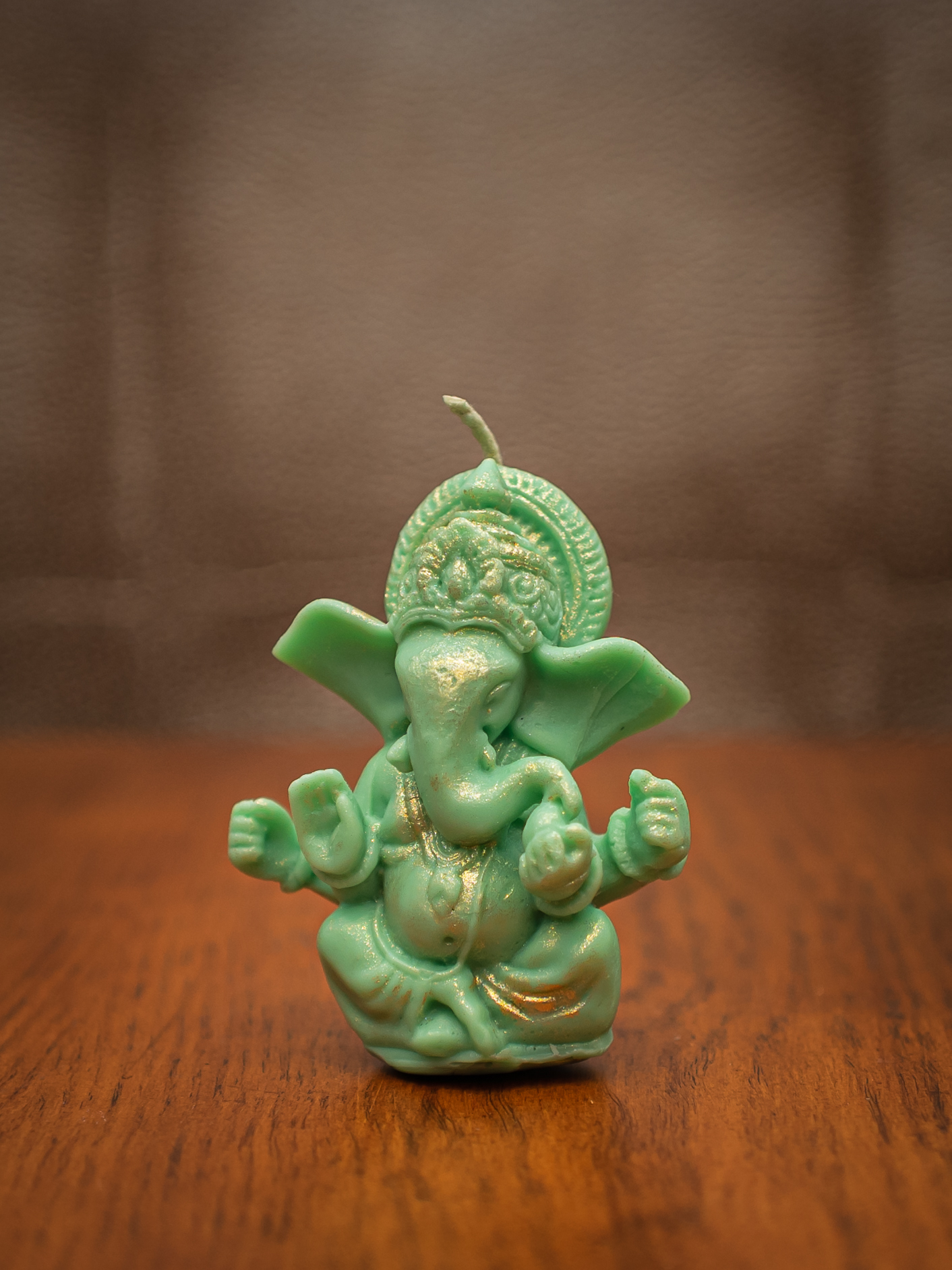While writing my previous post, I realized just how much of an effect Michelle Buteau’s ‘Survival Of The Thickest’ had on me while watching it. Though it’s labelled to be a comedy, it had multiple story-lines that were much deeper than a comedic sense of humour. Don’t get me wrong; the show was funny and witty. But it also had a deeper, much more serious side to it. Khalil and India’s story-line is just one of those story-lines. It takes a lot of creativity and courage to combine such humour and wittiness with deep, emotional story-lines that really make you think and go, ‘WOW!’ But I guess that’s all you can expect from Michelle Buteau, who’s a comedian who made her debut just days following September 11, 2001. She also hosts the Netflix reality show, ‘The Circle, and has appeared in movies like ‘Something Great’ and ‘Work It’.
On ‘Survival Of The Thickest’, Buteau plays Mavis Beaumont, a struggling stylist who, in her late thirties, finds herself starting her life all over again after finding her boyfriend of 5 years, who is also her business partner, cheating on her with another woman. The very first episode saw Mavis move to a crappy apartment in Brooklyn, New York, and a new creepy roommate came with it too. Nevertheless, it seemed better than going back to her cheating ex. Her two best friends, Khalil and Marley, joined forces and told Mavis she could move in with either one of them, but she insisted she needed that independence. It was a very brave and respectable move that she made as she was trying to figure her sh*t out.
Throughout the first season, we see a growth in Mavis that she wouldn’t have experienced had she not put herself first and foremost in such a difficult situation as starting one’s life all over again. But that just showed that it’s never too late to start your life over again and put yourself in first place no matter how scary it can get. Mavis gets her first celebrity client, Natasha Karina, who becomes obsessed with Mavis and, when Mavis’ career thrives and she’s hired to work for more clients as a stylist, Natasha offers her a $10,000 monthly salary if Mavis agrees to be her ONLY client. Though it’s a great opportunity financially speaking, Mavis decides to decline Natasha’s offer to pursue other opportunities, and therefore, loses her most prestigious client that brought her stability and security. Though she wants both those things in her life, she also wants room to grow, and she knows that keeping Natasha as her client won’t allow her to do that. She’d rather have uncertainty and room to grow in her life than stability and being stuck in one place in the process because of it.
Though initially very much sure of her decision to ditch Natasha and the secure opportunity she gave Mavis, choosing uncertainty to gain growth over stability in her career resulted in a panic attack that landed her in the hospital. It was this hospital stay that made Mavis rethink her decisions not only in her career, but her personal life as well. It was there that a doctor reminded Mavis of her ‘old age’ by starting the tough conversation by asking Mavis is she’s considered having children as she’s over 35, and pregnancy at this point in her life will be considered to be a gestational pregnancy. Mavis felt pressured, and t was the kind of pressure that’s put on women time and time again, something that men don’t face. Men can have babies in their 80’s, and it’s considered to be the norm. Look at Robert De Niro and Al Pacino. In hindsight, this goes back to my previous blog post.
Just as she’s put under that pressure over her childbearing years, her cheating ex-boyfriend, Jacque, runs to her side. He says he’s there because she’s under his insurance, and he’s paying for her stay at the hospital. It’s also revealed that Jacque is still in love with Mavis, and has plans to win her heart back and propose to her. As she recovers from her panic attack, Jacque comes to her house to propose, and she says, ‘YES!’. I was screaming at my TV when I saw that she accepted the proposal. It was wrong on so many levels. At the same time, though, I understood where she was coming from. She felt pressured by her outside world to have kids. She wanted kids, but she didn’t think she’d need to even think of having a child so soon due to her age. She didn’t think she’d need to consider other options.
And not only did she feel that pressure from society, but she also felt that pressure from her inner circle – the people closest to her – her parents. Before Mavis’s panic attack, her father came over to her house to speak to her. He tells Mavis that Jacque came to him to ask for his blessing to propose to Mavis, and that he gave him that blessing. He encourages Mavis to forgive Jacque for what he did to her, as he too cheated on her mother once, and they’re now stronger together as a united front because she forgave him for that one ‘little mistake’. This alone got Mavis thinking about her life. She questioned whether she was making the right decisions in her life, so when Jacque got down on one knee and proposed to her, it was, or it seemed, like the right thing for her to do to release that pressure that’s been put on her.
Over time, however, Mavis realizes that marrying Jacque wouldn’t be the right thing to do, and rightfully so. Marrying Jacque would’ve been the easy way out for Mavis to have the personal life that she desired, but she knew that she wouldn’t be happy with him. She knew she wouldn’t be able to fully forgive Jacque for betraying her. She chose herself in the end. And that’s not to say that her mother didn’t choose herself, because she did. But just because her mother chose to forgive her father for cheating, it doesn’t mean that Mavis has to forgive her former partner for cheating. At the end of the day, we’re not our parents, and we shouldn’t base our decisions just on what our parents did, both in their personal lives and otherwise. We definitely see our parents as a set example, but in the end, we shouldn’t be making decisions based on what our parents tell us to do or what they did in their relationship. Our own happiness comes first, and our happiness might look different than it did on them. Mavis went with her heart and not with her mind, and against what her father told her. She didn’t care if it delayed her plans for a future family. She chose happiness. For Mavis, Jacque represented a safe choice. But a safe choice, most of time, isn’t the right choice.
But Mavis wasn’t the only character on ‘Survival Of The Thickest’ that made an impression on me. Secondary characters, and even the guest stars did as well. After all, I wrote about the show in my previous post, and it had nothing do with Mavis whatsoever. Instead, it had to do with Mavis’s best friend, Khalil, and his girlfriend, India. During one of their outings, Mavis, Khalil and India got high after Khalil experienced racism where he worked as a freelance artist, and as well all know, the best and most philosophical conversations come out when we’re high. The trio started talking about the difficulties and racism they face as black people. It all started when India told Mavis and Khalil about the time her son was bullied at school and was called the N word. So she spoke about how she was having difficulties knowing how to explain to her son what to do in such a situation where he’s bullied for something that so out of his control. With that, Mavis and Khalil spoke of their own experiences of the same nature.
It was a very touching, beautiful, intense conversation. It was a conversation that really made you, as a viewer, slow down and think; think of your own life and of the times you had similar situations. It almost made me tear up. I had my own share of similar experiences growing up. I was bullied for my disability – also something that was out of my control, just like the colour of someone’s skin. As I watched that scene, however, I thought of my son. He recently came across a child that had Down Syndrome, and he looked at the child as though an alien; something that out of his comfort zone. This instance broke my heart. I’ve been in the shoes of the child with Down Syndrome that my son encountered. I, first hand, understand what he must’ve felt when my son stared at him blankly, and I can only imagine how devastated his own mom must’ve been. I was even more so astounded that he, a 17 month old child, even recognized and understood that the child with Down Syndrome even looked different.
As I mentioned in my previous post, I’ve already started explaining the concept of my disability to my son, and I started doing so ever since he started getting an interest in everything around him, specifically my hands. I tell him, ‘You see, mommy’s hands look different. But that’s okay. She can do anything you will be able to do. She’ll just need a little help from time to time. There will be times where you’ll need help too. Everyone needs help sometimes.’ These are such simple, innocent words. But they’re so important. It’s crucial for me that my son sees me for me rather than for my disability, and these words are the starting point. Of course I’ll tell him what cerebral palsy is in the future, and I’ll explain it to him in detail, just like in that book written by a doctor who probably retired in 1975 that my father-in-law gifted to my husband after he met me for the first time, what life I could’ve led, but didn’t. For now, though, these innocent words will do for a child that’s 17 months old.
This encounter my son had with the child who had Down Syndrome made me realize that I’ll need to teach my son about disability in more ways than one. Of course I knew that cerebral palsy and epilepsy weren’t the only two disabilities that ever existed in the face of the earth. But I figured just teaching him about these two and him witnessing his mother living with cerebral palsy would be enough. That one little encounter made me realize that, in reality, it wasn’t enough. My husband and I quickly realized that we needed to educate him further on the concept of disability, and not just my disabilities, but others as well. Moreover, we needed to teach him about the concept of developmental and intellectual disabilities.
With the new realization that we made, I immediately made a post on a Moms Facebook Group asking all the moms, especially special needs moms, how I could educate my son on the topic of disability even further that I already planned to. So many moms gave me great advice, and more so, I’d gotten so many messages saying I was a great mother for wanting to educate my son on such an important topic, and that they appreciated me so much. I was so touched by their messages of support. There had been times where I questioned and doubted myself on whether I was doing right by my son. These messages of support from other moms gave me a confidence boost.
One mom recommended that I take my son out to coffee shops that only hire people with intellectual and developmental disabilities, such as Down Syndrome and autism. As soon as I saw that message, I started doing research on whether we even have such places in Toronto, Canada. Turned out, there was! It was all thanks to this incident that I fount Lil E Coffee Cafe, a tiny little coffee shop, located at Downtown, Toronto, that hires people with intellectual and developmental disabilities with the aim of providing job opportunities while also bringing awareness to such disabilities. The three of us went to the coffee shop and made an entire outing out of it. It was a short outing, at that, because an actual calm and smooth outing with a 1 year old toddler is practically impossible. Nevertheless, it was a special experience. Not only did my son get to have more exposure, but my husband and I did as well. I have a cousin who has autism, and I also had a classmate I spent a lot of time with in middle . Therefore, I have some exposure and understanding of what such disabilities entail, but not enough. Just because I know one person with autism and one person with Down Syndrome does NOT mean that I know everything about such disabilities, and I’m one that constantly wants to learn more, and this trait is one I want my son to inherent – from both his parents.
By going to Lil E Coffee Cafe, I learned that the coffee shop’s founder brought it to life for his daughter, who has Down Syndrome. This newfound information made the experience even more so special, because the idea came to life from the heart, and not from the mind. The sad reality is that too many people start their businesses with only money being on their mind. A person can start a medical business to help those in need of medical treatment and care, but their intentions might not be to help those in need necessarily, but rather all the money that they’d be getting in their pockets. Money is important, of course. But if you’re going to start a business that has anything to do with trauma, disability, or injury, the first thing in mind should be helping people. That’s how you really connect with people – both your clients AND employees. If you believe in the mission of helping others and bringing awareness, others will tag along with you.
The conversation that Mavis had with Khalil and his girlfriend, India, made her realize some things about her own mother. Mavis told her friends that, throughout most of her life, her mother brushed off any of her experiences with bullying due to the colour of her skin and told her to ‘just deal with it.’ Before this realization, we actually met Mavis’s mother, and we got to know their mother-and-daughter dynamic. We get to know that Mavis’s mother is never happy with any decision that Mavis makes for herself and is disappointed in her and her deisions, and makes it very much known to Mavis without caring whether it hurts her or has an effect on a third party involved. It was only after her conversation with Khalil and India that Mavis got the call her mom to confront on her treatments towards her. The aftermath of that voicemail didn’t show, but that’s because Mavis didn’t care for what her mother thought of it. She either respected Mavis’s boundaries, or she didn’t respect them. And if she didn’t, her mother would be out of Mavis’s life for good.
Because so many people out there have trouble letting go of their children when they’re adults, and because so many of them to have that sense of control, articles are written on the discussion of the do’s and dont’s on parenting adult children in order for everyone to get along and to better their relationships. They say parents of adult children should allow their adult children to live their own lives and make their own decisions, even if parents feel like their children are making a mistake. They shouldn’t interfere. Instead, they should show their children support and confidence in them. Attempting to change your adult child into an idea of yours, or a version of them, that you want them to be will only destroy your relationship with them, slowly but very much surely.
Reading these articles, as well as watching Mavis’s story-line of her relationship with her mother, reminded me of what I’ve witnessed in my own life with my husband. Specifically, it made me think of my husband’s relationship with his father. I won’t give too much away because it’s not my story to tell. In short, my husband’s relationship with his father is non-existent he’s very similar to Mavis’s mother, and he does the exact opposite of what a parent of an adult child should be doing to have a good, loving relationship with one another. He does all the don’ts. My husband gave him chance after chance after chance, and even after my husband gave him an ultimatum, he was still treating my son with the utmost disrespect. No decision my husband ever made for himself was ever good enough for his father, and there are some parts of my husband that his father never even knew of. That’s because my husband never told his father, because he knew that if he did, there would be judgments, sarcasm, and sh*t talking.
On top of me not allowing him to have anything to do with my son because of what he thinks of disability and me in general, I also don’t want him to be involved in my son’s life because I don’t want my son to be involved in my father-in-law’s drama. That’s not to say my father-in-law’s a stupid person. On the contrary, he’s actually very smart. He’s educated. He certainly reads a lot of books, like the book about cerebral palsy that was written by a doctor who retired in 1975. When he’s not busy being a judgmental a**hole, he’s actually someone you can learn from. What he lacks in life is showing empathy, the willingness to change, and as the ability to not only hear what the people closest to him have to say, but to actually listen. Nevertheless, I wish nothing but the best for him. It might be too late to rebuild a relationship with his son completely a new, and therefore, he’s missing out on getting the chance to get to know his son’s son. But he has two younger children that he still has a chance with. My sisters-in-law are two of the smartest, most intellectual, and most intelligent girls I’ve ever met, and they deserve to have a version of their father that my husband never got to experience.
My husband and I (along with our son because we couldn’t get babysitting and we still deserve to have fun once in a while), were recently at a friend’s birthday party. We sat in front of another couple who had older children. We got along great throughout the evening. We talked a lot about our children and parenting, of course, as it’s one thing that we had in common, and we were the only two couples there who had children. There was thing that they said, in particular, about the ways they want to raise their child that really made me think about how I want to raise my own. He said that, in hindsight, we all want to raise our children the way our parents raised us. I couldn’t help but disagree with that sentiment.
I believe that we, as parents of the new generation, want to be BETTER than our parents. My husband, for one, initially told me he didn’t want any children due to his own upbringing. He was afraid that he wouldn’t be a good father to anyone he’d bring into the world. I changed his mind by telling him that he could learn from what he’d witnessed and do the exact opposite. But that’s not to say that my parents didn’t share their own set of mistakes. They did, and I won’t deny that they did. But we live and we learn, and we try to do better – and to be better – so that our children wouldn’t suffer like we did. We want to break the cycle. That’s not to say that we won’t ever make mistakes when it comes to raising our kids. But it is to say that we will always try to better ourselves.
Sign up to our newsletter if you want to see more content from The Graceful Boon! By signing up to our newsletter, you'll get an even more in-depth content from yours truly, Stacie Kiselman, who's our Graceful Boon, that you won't want to miss out on.

